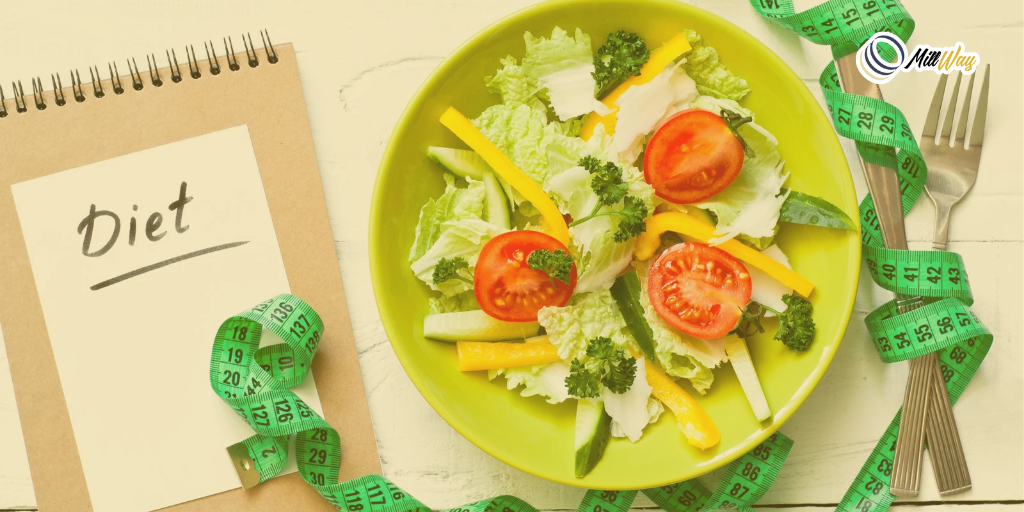
For many people, dieting often means restriction, guilt, and avoiding favorite foods. But there’s a growing approach that’s both realistic and sustainable — the 80/20 method. This strategy encourages balance instead of perfection.
The idea is simple: 80% of your diet should come from whole, nutrient-rich foods like vegetables, fruits, whole grains, and lean proteins. The remaining 20% can include your favorite treats — whether it’s pizza, ice cream, or a sweet drink once in a while.
This method creates a balance between discipline and enjoyment. It’s not just about losing weight but also about developing a healthy relationship with food, free from fear or guilt.
Many diets fail not due to lack of willpower but because they’re too strict. The 80/20 rule allows flexibility while maintaining structure. It helps people stay consistent and avoid burnout from overly rigid plans.
Psychologically, allowing 20% of “fun foods” reduces stress and guilt — making it easier to enjoy your journey while staying on track. Over time, this leads to more consistent, long-term success.
This approach helps you feel satisfied without the extreme “cheat days” that often lead to overeating.
The 80/20 method is more than a diet — it’s a mindset. It teaches us to embrace balance, eat mindfully, and enjoy food without guilt. True wellness doesn’t come from perfection, but from consistency and self-compassion.
